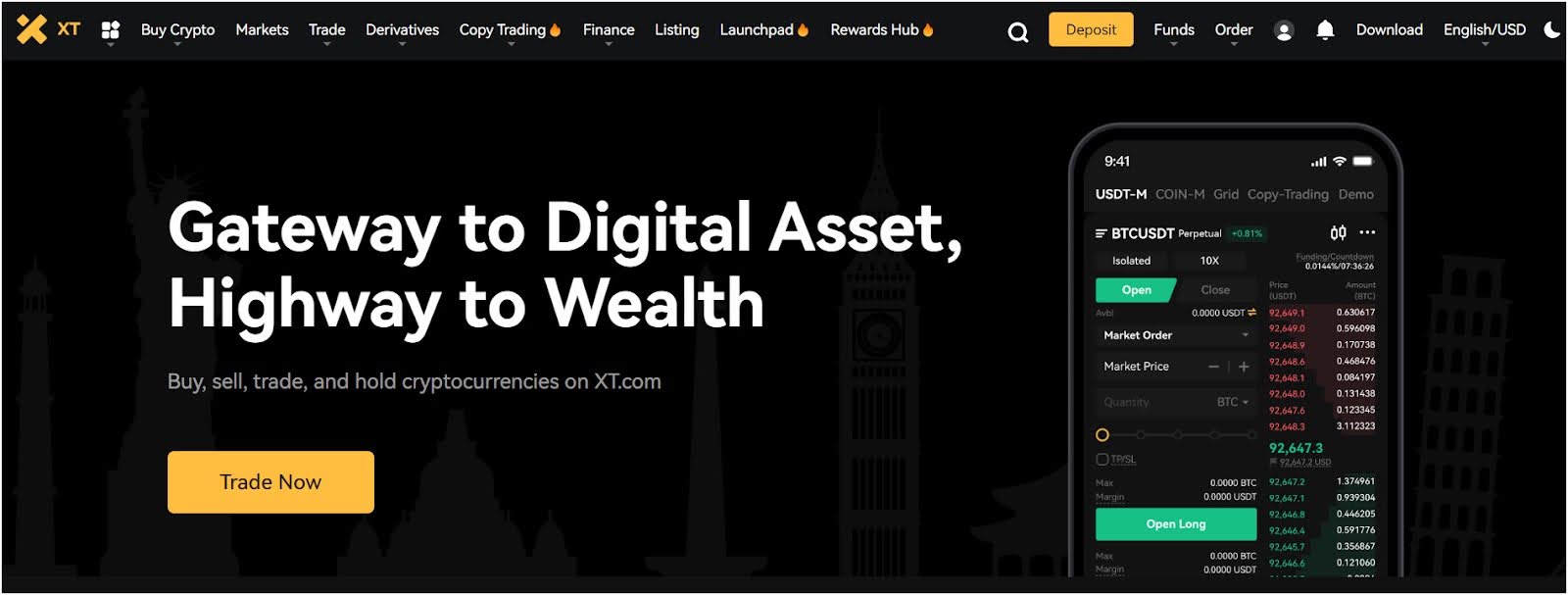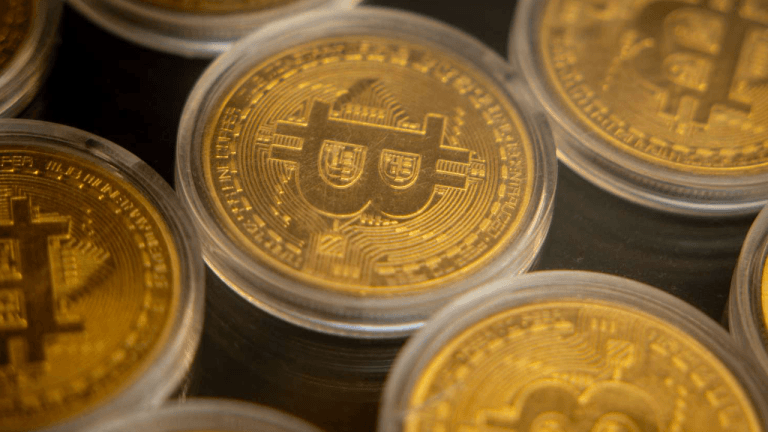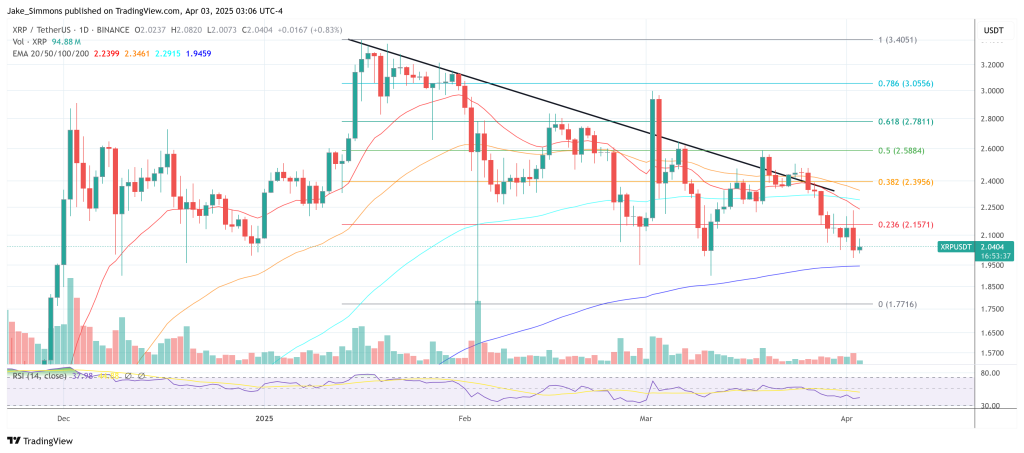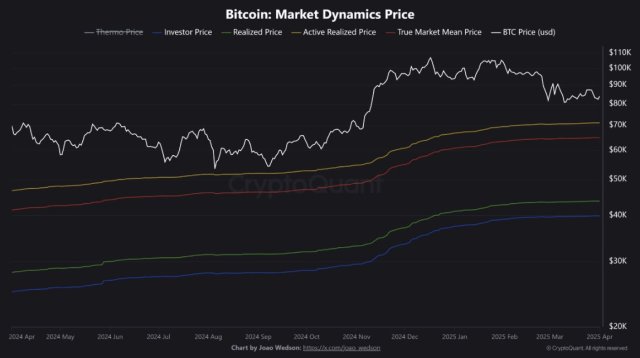Last year, Nike acquired RTFKT - the digital sneaker brand building shoes for the metaverse who launched their anchor PFP NFT project CloneX in collaboration with Takashi Murakami. Obviously, this was a huge validator for the new & nascent NFT space, but few could imagine how fast Nike would begin integrating this tech - resisting the cold feet many big companies get when a crypto cycle ends.
Currently, Nike is selling 10 pairs of Air Force 1s branded under the CloneX project initially as metaverse-ready NFTs. The no-coiners can hold their whining since owning the NFT entitles you to a physical pair. RTFKT has been doing this 'Forging' mechanic for a year now where they've delivered physical sneakers to their holders.
The back heel of the physical shoe has an NFC reader that is linked to the on-chain asset which verifies the product's authenticity. This, beyond a shadow of a doubt, ends counterfeiting. Sure, replicas will still exist, but you won't need to buy a pair of shoes off of StockX or eBay and wonder if they're fake or not or worse-yet: rely on subreddits like r/Repsneakers to "legit check" your shoes (who are far too trigger happy with the "They're fake bro").
This also allows the brand to have a greater presence throughout the entirety of the second-hand life of the product. Right now, when Nike sells you a pair of Air Force 1s through their website, it's over. They have no clue where that product is going to end up and which new owners will get ahold of it down the line. Nike sold Air Jordan 1s in 1985 for $65 and that was really the end of their involvement in the product. They don't get to see any cut of the $2,500+ that shoe sells for now... but eBay and PayPal do.
A company like Nike has been hellbent on going direct-to-consumer for quite a while now, but NFTs are their key to taking this to the extreme by cutting out all of the parties who've been benefiting from their secondary revenue. I'm unsure if Nike will use a third party platform or create their own marketplace or if they'll integrate it into their existing online infrastructure. People will be quick to point out the complicated nature of keeping the digital and physical goods paired, but this has already been solved. There are systems where the NFT is placed in escrow while the physical goods are in transit and the user experience is seamless.
In Web2, the consumer has to give anywhere from 14% to 30% of their sale price away to the e-commerce platform they sell it on. In Web3, the generally accepted royalty baked into a contract is anywhere from 0%-10%. This means, the consumer would be saving money, Nike will actually be making profit a second, third, and fourth time off of the same product, AND they'll have better insights into where their products end up. And no, the NFC chip can't track your every footstep as you walk to your local Starbucks.
I highly recommend listing to this Business of Fashion podcast on how Digital IDs (NFTs) will revolutionize the fashion industry. They mention that brands will double the amount of profit they make on each product over its entire lifespan. They use a different brand from Nike (Frame Denim) as an example.
It's worth noting that there are significantly less handshakes that need to be done. Instead of all the handshakes between Visa, Stripe, StockX, the fraud prevention layer, etc. it's entirely peer to peer, but the brand still remains in the background due to the nature of smart contracts.
The last benefit to the consumer I'd mention is the fact that you get a digital good which will be supported over time. Obviously, this is speculative, an added bonus, and still being figured out, but it is inherently a better value proposition. When things go from digital to physical, they typically get 100x more valuable (Walmart to Amazon, Blockbuster to Netflix). Interoperability is still largely misunderstood, but is happening in Web3 gaming right now with wearables. Imagine buying a new pair of Dunks from your local skate shop, then getting a digital pair same day to throw on your avatar in the Otherside or display them on a shelf in your Meta Horizons social space? Just little ideas.
I figure I'd put this post together to show an example of how blockchain tech is being leveraged in a meaningful way right now with significant implications by one of the biggest brands on Earth.
This is the tl;dr. Anything down here is elaborated on above.
tl;dr: Nike is selling new shoes with an accompanying digital NFT. Benefits to brands: earn a small % on the second hand sales of every product sold, greater insights into aftermarket life of product as it transacts from owner to owner, eliminates counterfeiting. Benefits to consumer: eliminates counterfeiting, pay less fees on transactions (5% smart contract royalty vs. 14% to ebay and paypal), digital accompanying product that receives support over time.
[link] [comments]

You can get bonuses upto $100 FREE BONUS when you:
💰 Install these recommended apps:
💲 SocialGood - 100% Crypto Back on Everyday Shopping
💲 xPortal - The DeFi For The Next Billion
💲 CryptoTab Browser - Lightweight, fast, and ready to mine!
💰 Register on these recommended exchanges:
🟡 Binance🟡 Bitfinex🟡 Bitmart🟡 Bittrex🟡 Bitget
🟡 CoinEx🟡 Crypto.com🟡 Gate.io🟡 Huobi🟡 Kucoin.



















Comments